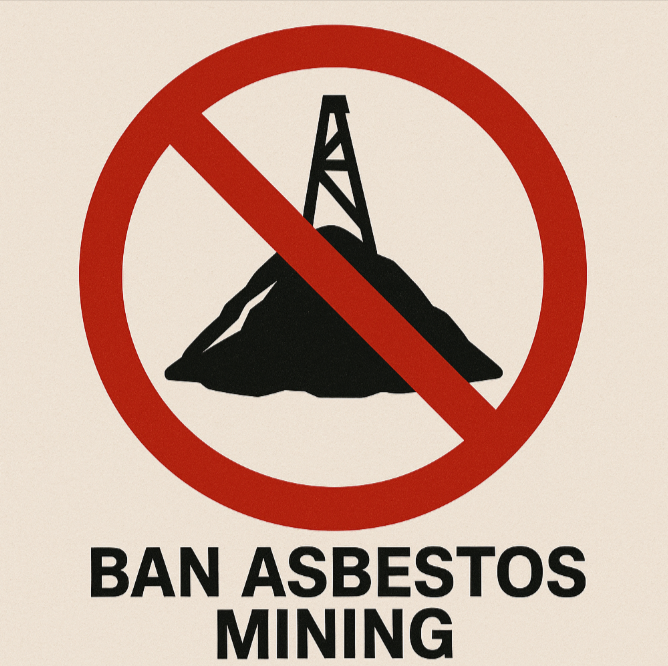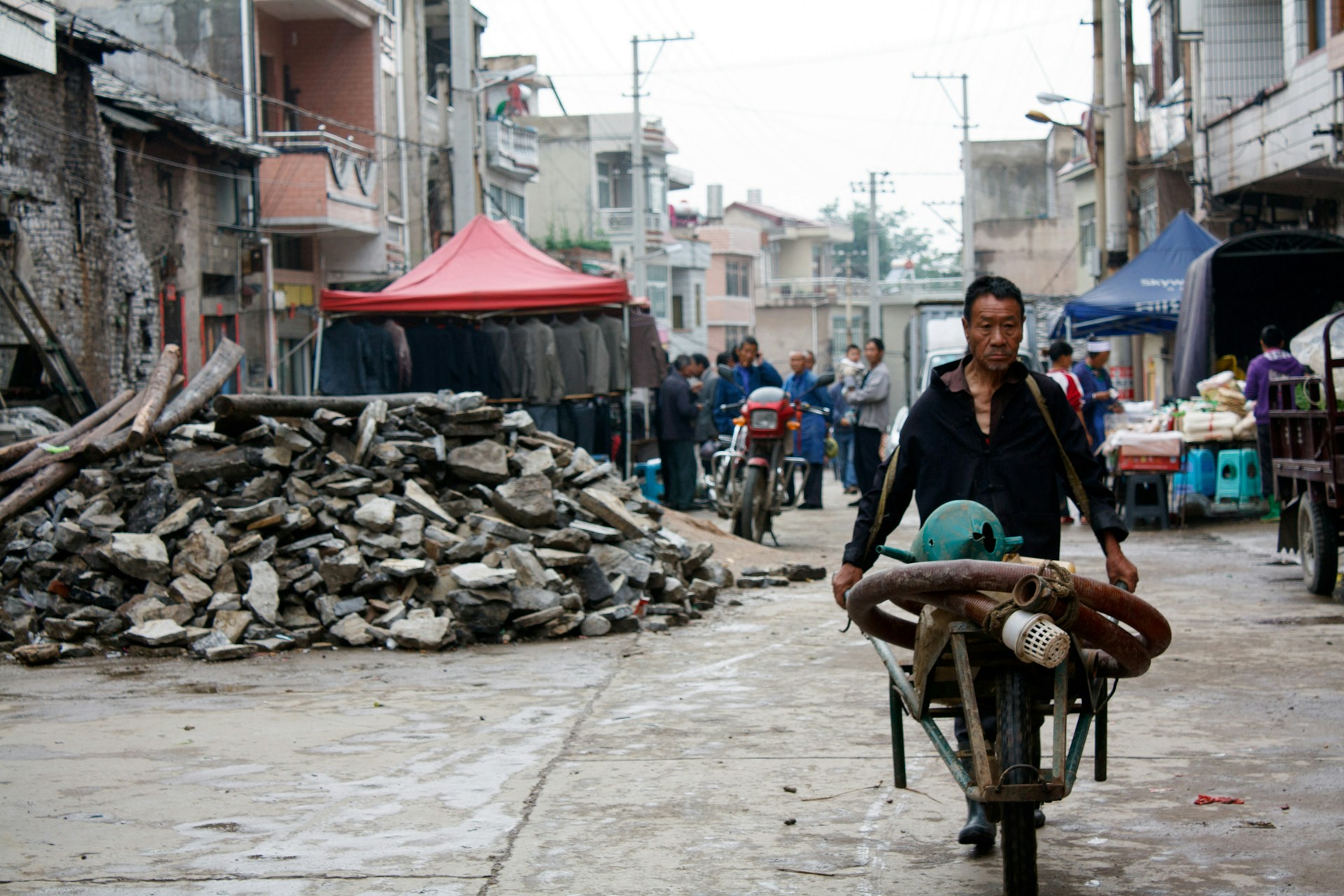Over 20 years ago, Australia became one of the first countries to ban all forms of asbestos, recognising the severe health risks posed by this once‑ubiquitous building material. Yet, while Australians enjoy a safer built environment, many of our neighbours in South‑East Asia continue to use asbestos widely, raising questions about public health, legal standards, and industry influence.
The History Behind the Asbestos Ban in Australia
Australia’s decision to ban asbestos followed decades of mounting evidence and activism. Unions, health experts, and victims of asbestos-related diseases have campaigned tirelessly against the material, which was once commonly used in roofing, insulation, and walls in homes, schools, and commercial buildings.
Asbestos exposure is linked to serious illnesses, including mesothelioma, lung cancer, and asbestosis, often developing decades after initial contact. By banning asbestos, Australia took decisive action to protect workers and residents from these life‑threatening risks.
Asbestos Use in Asia: A Continuing Challenge
In contrast, countries like Indonesia, India, and China continue to import and use asbestos, particularly chrysotile, or white asbestos, for construction purposes. In Indonesia alone, an estimated 13% of homes have asbestos roofing, with even higher concentrations in urban areas.
Despite clear evidence from the World Health Organization (WHO) that all forms of asbestos are carcinogenic, local regulations in many Asian countries lag behind international safety standards. Workers often lack access to protective equipment, and communities are exposed to deteriorating asbestos materials in their everyday environments.
Why Is Asbestos Still Legal in Some Asian Countries?
Several factors drive the continued use of asbestos in Asia:
- Industry lobbying – Powerful international groups argue that chrysotile is “safe” and resist regulatory changes.
- Economic considerations – Asbestos is inexpensive, durable, and fire-resistant, making it appealing for mass construction projects.
- Limited enforcement and awareness – Health and safety regulations are often weaker, and public awareness of asbestos risks is low.
This combination of profit motives and regulatory gaps has created a situation where asbestos exposure continues to pose a significant public health risk.
Health Impacts: The Long-Term Consequences

The dangers of asbestos exposure are silent but severe. Symptoms such as chronic coughing, shortness of breath, and chest pain can take 15 to 30 years to appear. Many workers in Asia are unaware of the hazards, having handled asbestos daily without training or protective gear.
Globally, the WHO estimates over 200,000 deaths each year are linked to asbestos exposure, with a significant number occurring in countries where the material remains in widespread use.
Leading the Global Conversation

Australia now plays a pivotal role in advocating for safer alternatives and asbestos awareness throughout the region. Agencies like the Asbestos and Silica Safety and Eradication Agency lead initiatives to educate neighbouring countries and encourage regulatory reform.
Efforts include campaigns, training programs, and partnerships with local health organisations to help countries transition away from asbestos safely and sustainably.
How Global Asbestos Audits Supports Safe Practices
At Global Asbestos Audits, we understand the devastating impact asbestos can have if unmanaged. Our team helps property owners and managers:
- Conduct comprehensive asbestos inspections
- Prepare and maintain asbestos registers
- Develop asbestos management plans for safe handling and removal
- Ensure compliance with Australian legislation and international best practice
By prioritising asbestos safety, commercial and residential properties can mitigate risk and protect all occupants.
The asbestos ban in Australia has been a vital step in protecting public health, yet the material continues to be widely used in neighbouring regions. While economic and political factors delay a full ban in some countries, education, advocacy, and compliance measures are essential.
Global Asbestos Audits remains a trusted partner for businesses, property owners, and managers seeking expert guidance on asbestos inspections, clearance, and management, ensuring every property meets legal and safety standards.
Contact Global Asbestos Audits today to learn more about protecting your property from the hidden dangers of asbestos.

